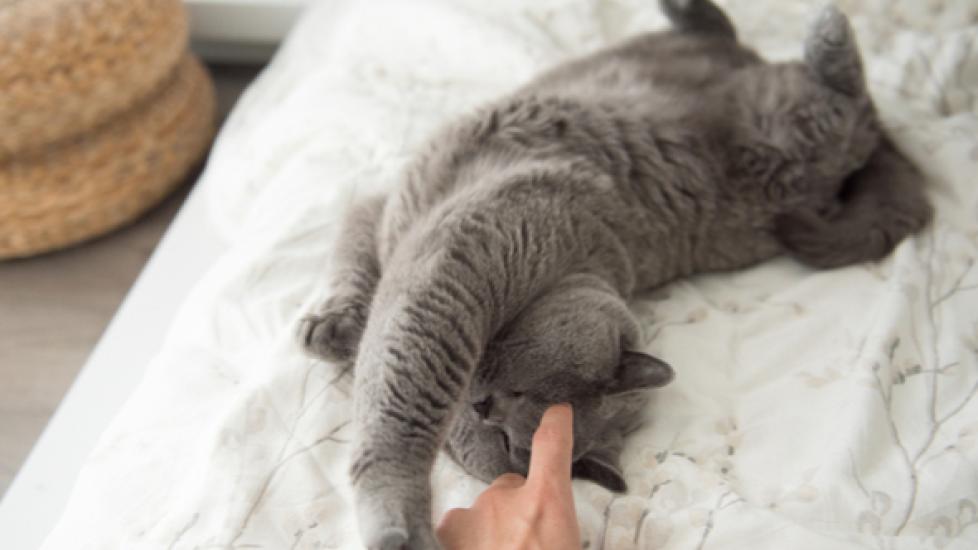 Cat Affection: Nature or Nurture?
Cat Affection: Nature or Nurture?
Introduction:
Cats have long been a beloved companion animal, known for their grace, independence, and of course, that characteristic purr. But just how affectionate are they by nature, and can they be trained to become more loving pets? This article explores the complex relationship between cats and humans, examining whether feline affection is innate or influenced by environmental factors.
The Feline Mindset:
To understand cat affection, we must first delve into the psychology of these enigmatic creatures. Cats are often described as aloof, but this may not always be accurate. Studies show that cats form strong bonds with their owners, recognizing them both visually and through scent. They also display attachment behaviors such as rubbing against legs, meowing, and following their human counterparts around the house—all signs of positive social interaction.
Nature’s Role in Cat Affection:
Genetics undoubtedly play a part in shaping an individual cat’s personality. Certain breeds are bred for specific traits, including temperament. For example, Siamese cats are renowned for being particularly vocal and affectionate, while Persian cats tend to be calmer and more reserved. However, even within a breed, each cat has its own unique disposition.
Nurturing Bonds:
While genetics set the stage, it is clear from research that a cat’s environment significantly influences its behavior. A kitten raised in a nurturing home with consistent handling will likely grow up to be a confident and social adult cat. Positive reinforcement training techniques can encourage desired behaviors like sitting on command or offering gentle head-butts. Conversely, neglectful environments can lead to shyness or aggression.
Training Techniques for Affectionate Behavior:
Pet owners looking to foster stronger relationships with their felines should consider incorporating reward-based training methods. Interactive toys that engage both mind and body can strengthen the bond between pet and owner. Additionally, regular grooming sessions can be a wonderful way to build trust and promote physical contact. It’s important to remember that every cat learns at its own pace; patience and consistency are key.
Conclusion:
In summary, cat affection is a blend of nature and nurture. While genetic predispositions influence a cat’s inherent personality, the environment in which they live shapes their behavior. By understanding our furry friends better and providing them with enriching experiences, we can enhance the love and companionship they offer us. Whether you’ve inherited a feisty rescue cat or brought home a pedigreed kitten, your role in fostering a warm and caring relationship cannot be overstated. After all, true affection knows no bounds when it comes to the heartwarming connection shared between people and their pets.
